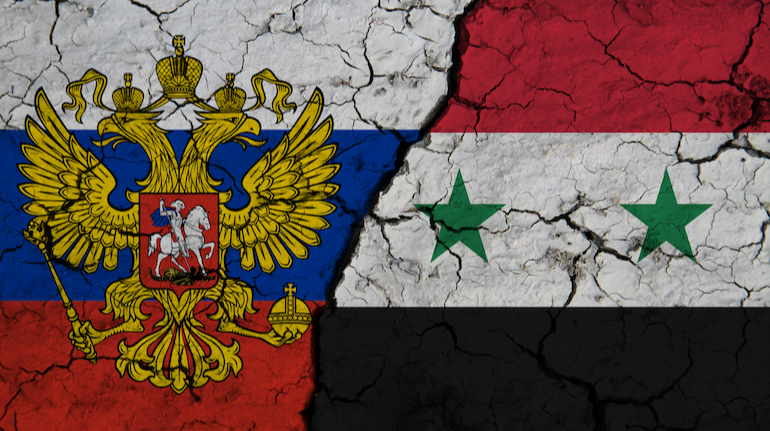“
The Financial Times writes about it.
These transfers became known from the information of the Russian customs aggregator Import Genius. They took place at a time when Syria was heavily dependent on Russian military support, and Bashar al-Assad’s regime suffered from Western sanctions.
At the same time, the Assad family through schemes bought elite real estate in Moscow, using a network of front companies and loan agreements.
Money from Syria was transferred to Russian banks, which later came under US sanctions – RFK Bank and TsMRBank.
Experts interviewed, including US Assistant Secretary of State for Middle East Affairs 2019-2021 David Schenker, suggested the transfers were a way to get looted money out of the country, provide a life of luxury for the regime and its entourage, and circumvent Western sanctions.
At the same time, another source of the publication, familiar with the data of the central bank of Syria, provided an alternative explanation: the bank had to make cash payments due to sanctions – to purchase wheat from Russia, pay for money printing services and “defense” expenses.
”, — write: epravda.com.ua
The Financial Times writes about it.
These transfers became known from the information of the Russian customs aggregator Import Genius. They took place at a time when Syria was heavily dependent on Russian military support, and Bashar al-Assad’s regime suffered from Western sanctions.
At the same time, the Assad family through schemes bought elite real estate in Moscow, using a network of front companies and loan agreements.
Money from Syria was transferred to Russian banks, which later came under US sanctions – RFK Bank and TsMRBank.
Experts interviewed, including US Assistant Secretary of State for Middle East Affairs 2019-2021 David Schenker, suggested the transfers were a way to get looted money out of the country, provide a life of luxury for the regime and its entourage, and circumvent Western sanctions.
At the same time, another source of the publication, familiar with the data of the central bank of Syria, provided an alternative explanation: the bank had to make cash payments due to sanctions – to purchase wheat from Russia, pay for money printing services and “defense” expenses.
